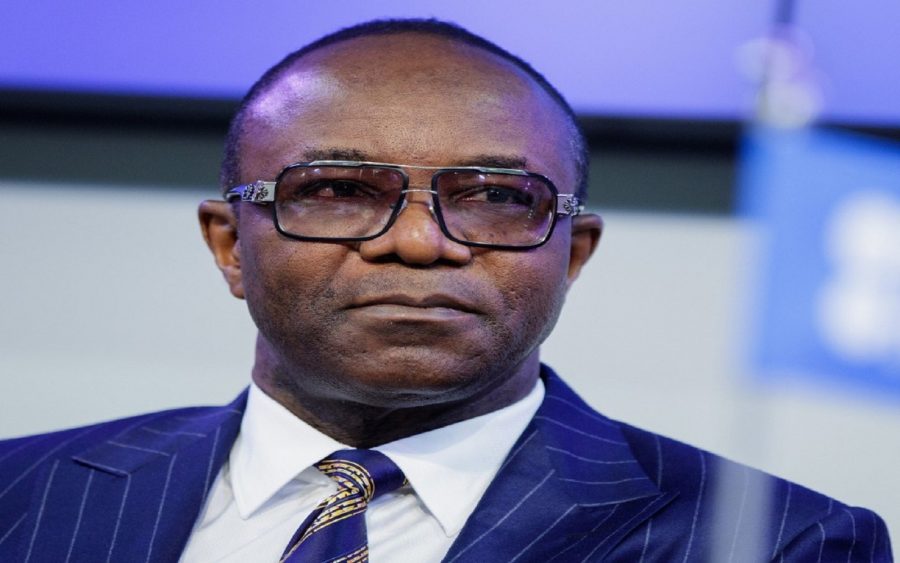The Minister of State for Petroleum Resources, Ibe Kachikwu, on Tuesday, said the landing cost of Premium Motor Spirit, PMS, is higher than the pump price of N145 per litre.
This, according to him, explains why it is now most important to repair Nigeria’s refineries.
While discussing why the subsidy was reintroduced, Kachikwu said the landing cost of Premium Motor Spirit is N35 higher than the pump price. He added that the rise in global crude oil prices after the 2016 hike in petrol price, brought back the subsidy.
READ MORE: FG replies International Monetary Fund’s fuel subsidy removal request
The minister said the following during an interview on NTA:
“You have very positive argument that says, ‘Why is this happening; let’s get it out.’ Once you do it, the streets get flooded by protesters. You have five or six or 10 days of no activity in the country. So, any attempt to remove the subsidy must be very well-managed.
“Even when there was a consensus on how we were going to do it, we still had an issue at the very tail end of the moment; NUPENG and PENGASSAN supported but, of course, the other members of the trade unions pulled out.
“Eventually, thankfully, Nigerians saw through what we were trying to do and let it happen. And thank God that happened at the time because when you look at the gap today, the landing cost is about N180 per litre and sale price is N145. Imagine if it (pump price) was N90-something; we will literally be a bankrupt country.”
“The point I am making is that anything you are going to do on subsidy requires a very efficient management of information – getting everybody who are stakeholders to tie into it.
“Should we deal with the removal of subsidy? I was gung-ho when I assumed this position that there was no way I was going to tolerate a subsidy regime at the time in 2015 of about N1.2tn-N1.3tn. There was just no way; we didn’t have the capacity to continue to pay.”
“So, I convinced the President that this needed to happen; thankfully, he listened, he agreed and we did. Now, we then had over-recovery period for quite a while and then we went into this upswing in prices that has now taken us again into under-recovery.”
READ MORE: FG to pay ₦39.9 billion monthly Subsidy as Petroleum Import declines
Fixing refineries is the solution to subsidy
Kachikwu said its necessary for the country to fix the refineries before proposing the removal of subsidy. He said though the government can fund the repair, he advised that it should be private-funded instead.
“I think, first and foremost, we need to find a way of fixing refineries quickly, whether it is government-funded or whatever – my preference is always private sector funding.
“I think the labour union has never really said they would not be supportive of an attempt to take away this subsidy element; the union has always said, ‘If you are doing it, show me what you [will] do with those new receipts of income. Two, what do you do with the refineries?’ Therefore, we need to address those to even get their buy-in.
“Secondly, we need to segregate between those who need subsidy and those who don’t; you will find that 80 per cent or more of those who get subsidy today do not need it. There is nothing necessarily bad with some element of subsidy if it is well-managed and is very little, and if the private sector can take it away completely; that is fantastic. That is the most ideal situation.”
READ MORE: Banks to lose interest on petrol subsidy-induced loans
Recall that Nairametrics had earlier reported that the International Monetary Fund (IMF) chief, Christine Lagarde, recommended that Nigeria removes its subsidy.
The Government had increased petrol price to N145 per litre from N86.5 in 2016 after months of scarcity.















